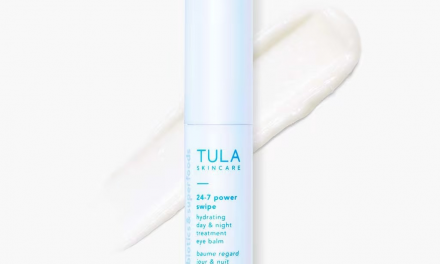
The answer is a resounding YES! Simply put, the brain can benefit greatly by being proactive in taking care of your hearing loss. In fact, studies have shown that by treating your hearing loss, you can slow down the degenerative disease of dementia by up to 75%.
Therefore, I would say that it is critical as you age to treat your hearing loss and, ultimately, fight off the dreaded cognitive decline.
So, What Is the Connection Between Hearing Aids and Dementia?
This not being an easy question to answer, I will do my best. It is well known that social isolation is connected to hearing loss. Those who suffer from it tend to isolate themselves from social gatherings and events to ease the pain of embarrassment when they cannot fully hear or respond to conversations.
In addition, sensory stimulation, or the loss or stimulation to the brain, can also lead to cognitive decline over time. In other words, when your senses are not adequately triggering activity to your brain, researchers have speculated that this decrease in stimulation can be detrimental to the brain, leading to the symptoms and suffering of dementia.
When you wear a hearing aid, quite simply, you hear better. Hearing better helps to keep your brain active, presenting it with a more vigorous natural defense against cognitive decline. The connection between hearing aids and dementia, therefore, is a huge one!
Why You MUST Wear Your Hearing Aids Properly
Unfortunately, when first prescribed hearing aids, people don’t always use them properly, and there are many reasons for that.
Hearing Aids Settings
Initially, the hearing aids may not always work exactly the way they are supposed to. People struggle with this and sometimes their first thought is to give up on them. This happens at times because the settings may need to be adjusted/calibrated. Don’t assume that nothing can be done. Call your hearing specialist immediately, and they will fix the issue.
Hearing Aids Comfort
The hearing aids may not be comfortable or don’t fit properly. Again, don’t give up. Contact your hearing specialist, and they will modify the fit for the best comfort possible.
How the Hearing Aids Look
The way the hearing aids look may concern you. Hearing aids nowadays are made to be very discreet. Don’t let this stop you from seeing a specialist. You’ll be happy to know that the days of the old “beige banana” around your ear are long gone!
Initial Confusion
At first, hearing voices again may be confusing. I’ve heard this from some in the past but let me assure you that it just takes time for your brain to adjust to hearing again. It will adjust quickly, give it time.
Change Is Expected
To be perfectly honest, wearing hearing aids is the same as any change we have to make in life. Not wearing your hearing aids properly thwarts the process and will not do you any good.
Please remember that hearing aids and dementia have a direct connection, and your future faculties will be impacted by the action you take now. In light of all of the new research that has been done, we now know that taking care of your hearing loss is a huge defense towards slowing down dementia. Take treatment seriously.
Have you noticed signs of hearing loss? What are you doing about it? Do you stay away from wearing hearing aids for some reason, such as comfort or looks?





